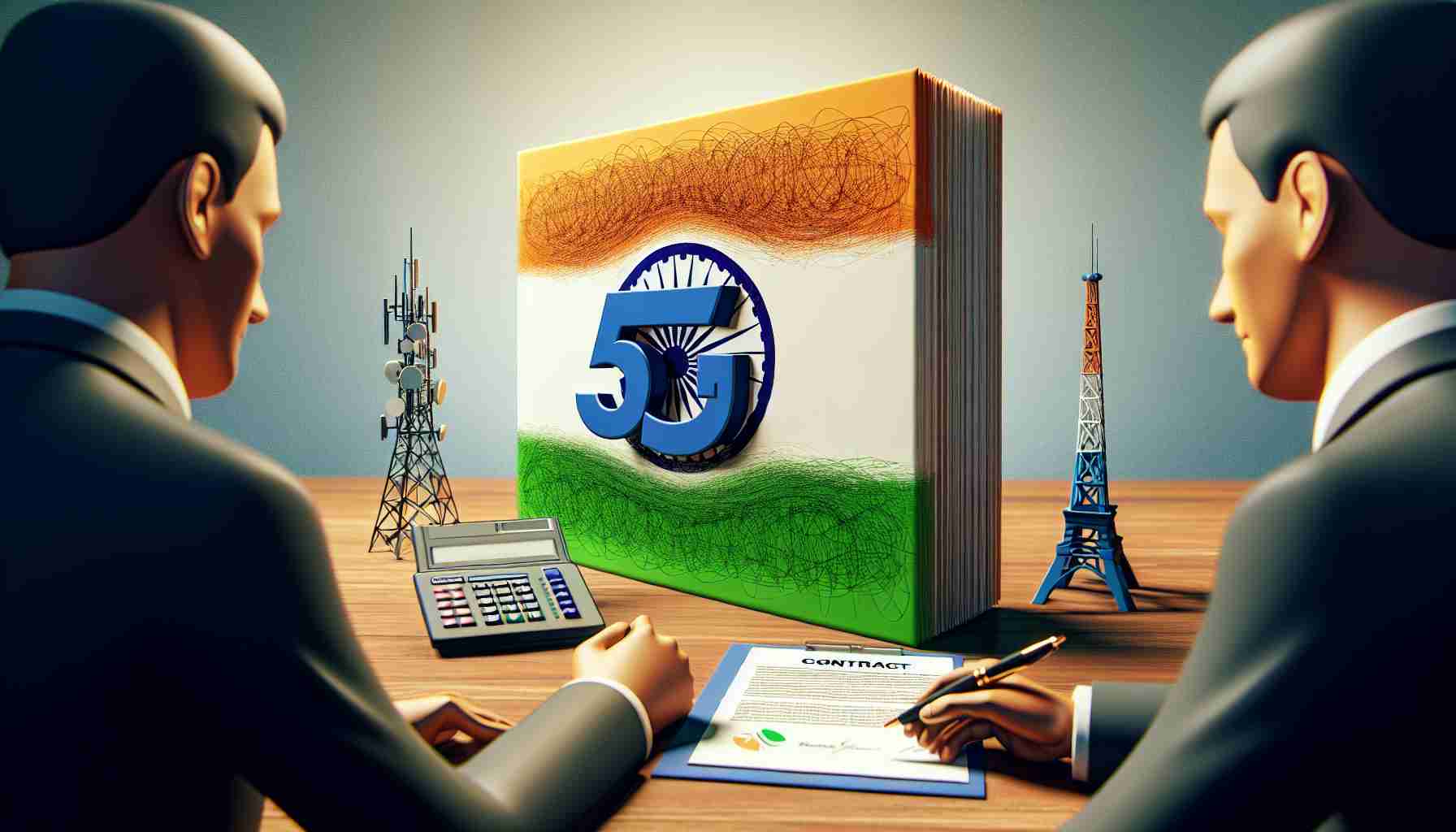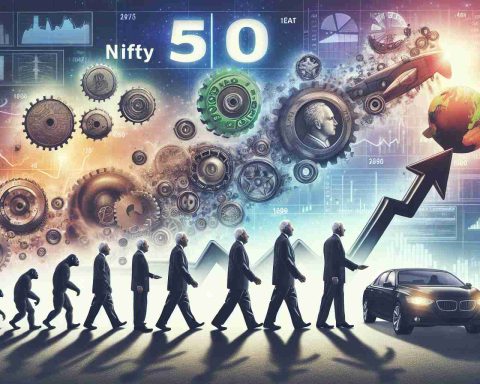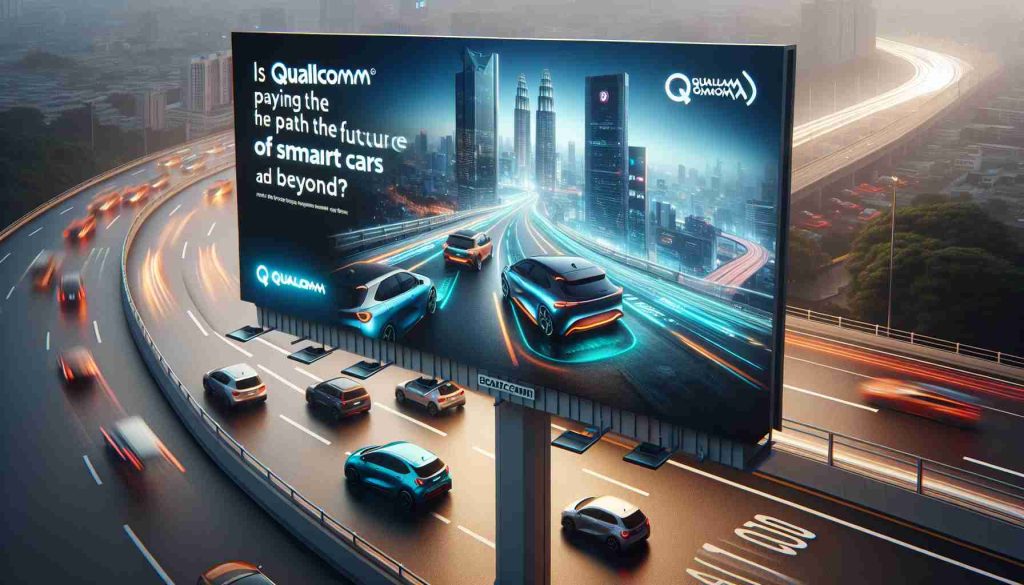In a significant development for the telecom industry, Nokia has successfully clinched a multi-billion-dollar deal to supply 5G technology to Bharti Airtel, one of India’s largest telecommunications companies. This agreement, spanning several years, marks a milestone in Nokia’s operations in the Indian market.
Nokia’s Commitment to Advanced Connectivity
Under this strategic partnership, Nokia will deploy its cutting-edge 4G and 5G equipment across various cities and regions in India. The move is set to enhance Bharti Airtel’s technological infrastructure significantly, paving the way for superior network performance. The agreement highlights Nokia’s commitment to innovation and excellence in telecom solutions.
Enhancing Network Efficiency and Performance
This collaboration between Nokia and Bharti Airtel is poised to significantly improve network speed and efficiency. Nokia’s advanced AirScale portfolio, combined with artificial intelligence-based services, is designed to deliver exceptional energy efficiency. This will enable Airtel to offer optimal 5G capacity and seamless connectivity to its subscribers, ensuring top-notch service quality.
By securing this deal, Nokia strengthens its long-standing relationship with Bharti Airtel and reinforces its position as a leading player in the Indian telecommunications market. This partnership promises to usher in a new era of digital transformation and connectivity for millions of users across the country.
The Ripple Effect of 5G: How Nokia’s Deal with Bharti Airtel Innovates Beyond Borders
Unseen Impacts of the 5G Revolution
Nokia’s recent deal to supply 5G technology to Bharti Airtel marks a pivotal moment not just for Indian telecommunications but also for global tech dynamics. While the spotlight shines on India’s digital transformation, this partnership between Nokia and Airtel extends its influence far beyond, setting off ripples that affect diverse sectors worldwide.
New Opportunities for Global Developers
The deployment of advanced 5G technology by Nokia in collaboration with Bharti Airtel opens significant opportunities for software developers globally. With increased bandwidth and lower latency, developers can experiment with more complex applications, such as augmented reality (AR) and virtual reality (VR) technologies, in the Indian market. This could potentially lead to groundbreaking innovations in fields like education, healthcare, and remote work.
Economic Implications and Workforce Transformation
As Nokia and Airtel work together to roll out 5G infrastructure, jobs in telecommunications, technology, and supporting industries are expected to surge. This growth can benefit economies immensely, as new positions emerge in network management, cybersecurity, and software development. However, the shift might displace workers in outdated tech roles, highlighting the need for reskilling and upskilling initiatives.
Social Connectivity and Urban-Rural Divide
Enhanced 5G networks have the power to bridge the digital divide between urban and rural areas. With Nokia’s equipment poised to reach diverse regions, rural communities in India might experience unprecedented access to digital resources, fostering equality in education, healthcare, and business opportunities. This push towards connectivity addresses several Sustainable Development Goals by promoting inclusive infrastructure growth.
International Collaborations and Technological Sovereignty
Nokia’s engagement with India underlines a trend where countries opt for global partnerships to fortify their tech prowess rather than relying solely on domestic solutions. This move may trigger conversations about technological sovereignty and dependency, prompting nations to evaluate their positions in the global tech landscape. Could such deals eventually lead to a reconsideration of national versus global priorities in technology?
Environmental Considerations and Energy Efficiency
A notable feature of Nokia’s equipment is its emphasis on energy efficiency, but deploying additional infrastructure invariably raises questions about environmental impact. While 5G promises reduced energy consumption per unit data transferred, the sheer scale of deployment necessary to ensure seamless coverage could lead to increased overall energy use. Communities must weigh these environmental concerns against the benefits of enhanced connectivity.
Public Concerns and Digital Privacy
As 5G technologies infiltrate everyday life, privacy concerns inevitably arise. The increased data flow within 5G networks calls for robust security measures to protect user information. This poses challenging questions: How can telecom companies assure users that their data is secure, and what should be the regulatory bodies’ roles in enforcing stringent privacy standards?
Ultimately, Nokia’s partnership with Bharti Airtel is more than a business transaction; it’s a stepping stone towards a future where connectivity reshapes lives across boundaries. For those keen to explore further, related insightful content is available at link name and link name.























